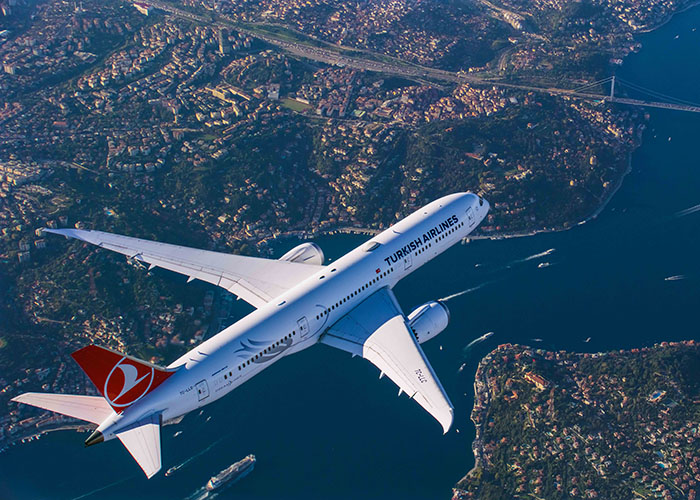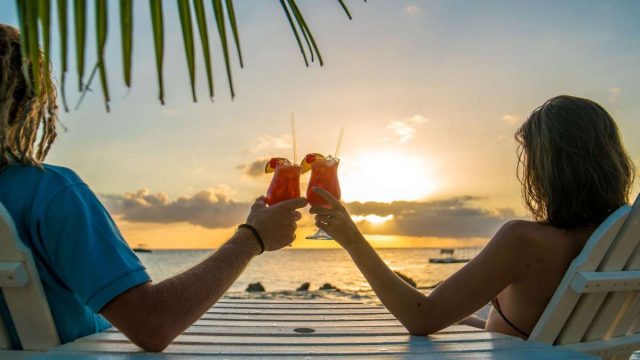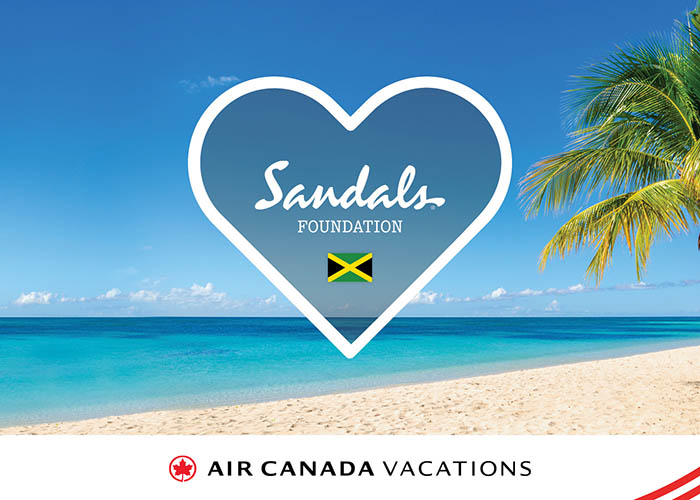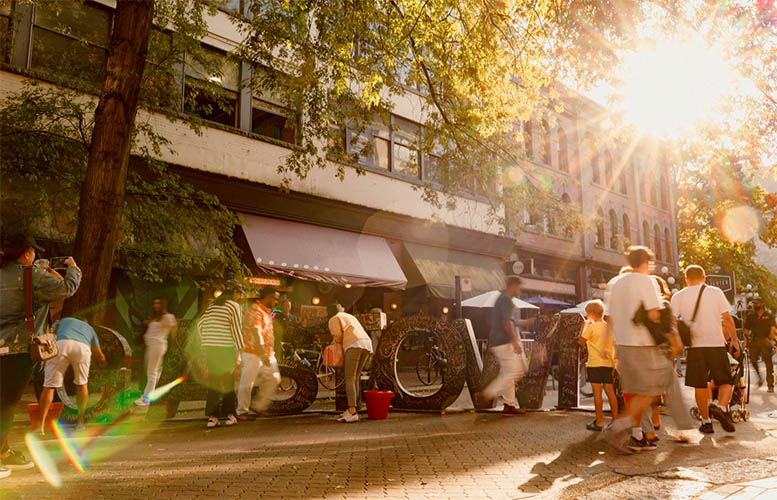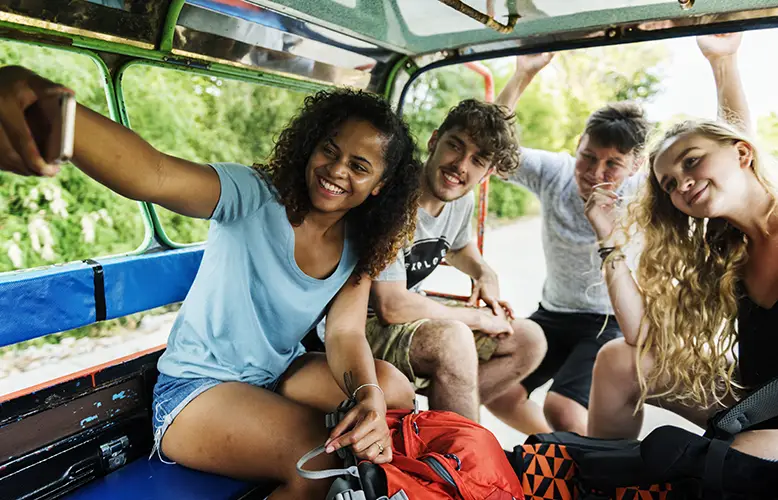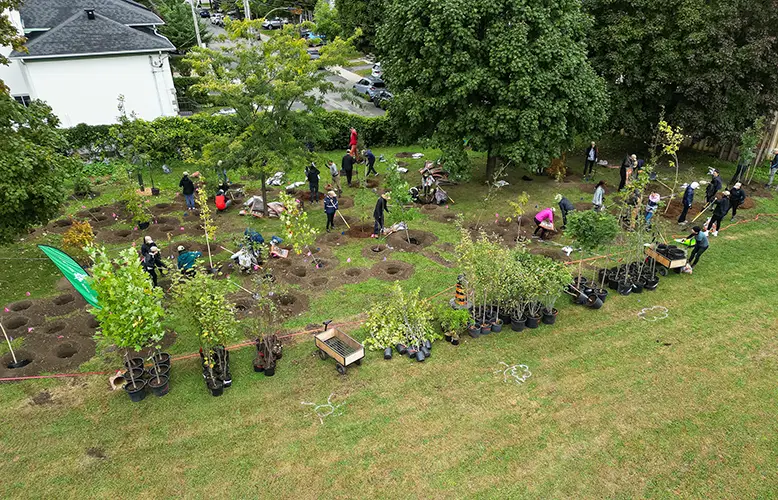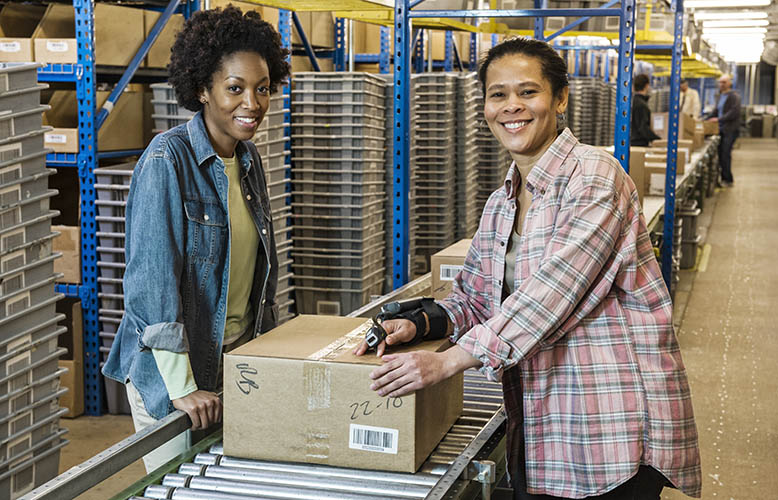The way Canadians approach travel is evolving, and 2025 is set to be a year of reconnection and shared experiences. Gone are the days when solo travel dominated the travel landscape. Instead, Canadians are increasingly seeking to connect—whether with family, friends, or fellow travelers—during their journeys.
In a recent conversation with Amra Durakovic, Head of Communications for Flight Centre Travel Group, and Amanda Blofield and Mary Jarvis, travel experts at Flight Centre Canada, we explored the reasons behind this shift. From the post-COVID “life is too short” mindset fueling multi-generational family trips to couples embracing unique getaways, it’s clear that intentional, connection-driven travel is on the rise. Add in the influence of global events, emerging destinations, and the growing importance of sustainability, and 2025 is shaping up to be a transformative year for Canadian travelers.
Read on to uncover the key trends shaping travel in the year ahead, discover expert advice for planning meaningful trips, and explore the destinations that promise to capture the hearts of those seeking deeper connections.
Q1: What key factors do you believe are driving the current shift in Canadian travel preferences towards more family and couples’ trips over solo travel?
It’s fascinating to see how travel preferences have shifted post-COVID. Initially, we noticed a surge in “revenge travel” and several Canadians booking solo trips to prioritize self-discovery and to explore their passions, but now there’s a notable shift towards more intentional travel, with multi-generational family trips and couples’ getaways gaining popularity.
Many families, including grandparents, are prioritizing quality time together, driven by a “life is too short” mindset. This has led to a 10% rise in family travel YoY. Grandparents, specifically, are eager to create lasting memories while everyone is healthy and able to travel.
Duo travellers—whether couples or friends—have increased bookings by 3%. They seek to reconnect and escape daily routines with unique and meaningful experiences. Data from YouGov supports these trends, showing that Canadian travellers increasingly seek deeper connections (32%) and unique experiences (74%), moving away from cookie-cutter vacations.
Q2: With solo travel bookings decreasing, do you anticipate this trend will continue into 2025 or could there be a resurgence in solo travel experiences?
While we’ve seen a 6% decrease in solo travel, the trend is evolving rather than declining. After an initial 62% surge post-COVID, solo travel is now levelling off. Many solo adventurers are turning to tour operators like G Adventures and Just You, which offer dedicated tours for the independent explorer.
So, instead of travelling entirely alone, solo travellers on group tours experience the thrill of taking a journey on their own but with the community and connection of like-minded solo travellers. We anticipate this trend will stabilize as solo travellers continue to look for enriched experiences.
Q3: How have global events, like elections and geopolitical issues, impacted Canadian travel habits, and what destinations are they now more or less interested in visiting?
While global events certainly impact travel choices, they also inspire Canadians to explore destinations they might not have previously considered.
Geopolitical factors, such as the recent U.S. elections, have also prompted some Canadians to change their upcoming travel plans. However, we expect this to stabilize within the next 6-8 months as travellers assess how new policies will roll out with the new government. This pattern is typical rather than exceptional. Interestingly, this re-evaluation has seen renewed interest in reasonably close destinations like Scotland, Ireland, and England.
Q4: Are there specific destinations that you predict will become more popular for family and couples’ travel in 2025?
Absolutely. We see destinations like Costa Rica emerging as a family favourite due to its adventure offerings. For duos, Portugal is ideal, offering both beach escapes in the south and rich cultural experiences in the north.
Cruising is also hot right now, and for all ages! Antarctica is attracting couples through unique, one-in-a-lifetime cruise experiences, while the Galapagos Islands are increasingly popular among families pursuing eco-friendly adventures.
Q5: What trends are you seeing in terms of trip duration and planning times? Are Canadians planning trips further in advance or opting for more spontaneous travel?
Most Canadians book in advance, especially those seeking deals. For spontaneous travel, only those with flexible schedules and fewer time constraints, like retirees, can adapt their travel dates and destinations based on availability and interest. This flexibility allows for opportunities that more structured travellers might miss.
It’s important to note that the concept of a “last-minute travel deal” has changed considerably. Based on supply and demand and several other factors, most “last-minute” deals indicate an issue with sales – e.g. there’s construction at a resort, or a tour may be affected by weather. Our data shows the best rates for flights and accommodations can typically be found 76 – 93 days before departure.
Q6: With rising costs influencing travel decisions, what advice do you have for travellers looking to prioritize budget without sacrificing experience?
Plan ahead to ensure you get the most value without compromising on quality. Booking in advance allows access to better deals and more options, which is why we strongly encourage planning dream vacations 6-9 months in advance. Last-minute deals are becoming scarce, so early booking is crucial for securing the best experiences at the best prices.
Oftentimes, waiting too long can result in limited options and less convenient arrangements, like connecting flights instead of direct ones. Giving yourself ample planning time ensures a perfect trip.
Flexibility with travel dates and locations also broadens your choices. Consider “travel dupes”—lesser-known but equally beautiful destinations. For instance, choosing Huatulco in Mexico instead of the more well-known Mayan Riviera offers a slightly off-the-beaten path experience without higher costs and large crowds.
Q7: In terms of travel types, such as adventure, luxury, or eco-friendly travel, are there shifts in interest that Flight Centre is noticing for the upcoming year?
Responsible Travel: Sustainability is a growing consideration but not yet the primary driver. That’s why we focus on encouraging responsible travel. For instance, the upcoming Jubilee in Rome will draw pilgrims from around the world, leading to larger crowds and even higher prices throughout Italy. By guiding Canadians, we can help them plan trips to less crowded destinations or at different times, enhancing their travel experiences and reducing their environmental impact.
Adventure Travel: More Canadians are craving adventure, exploring exciting destinations like Argentina, Morocco, and Thailand with tour operators like G Adventures and Intrepid Travel. These places offer unique experiences, from desert treks to temple explorations and mountain hikes.
Luxury Travel: More Canadians are opting for one memorable, customized trip rather than two basic all-inclusive packages. Destinations like Grenada, Barbados, and the Cayman Islands offer the elevated experiences that many Canadians are seeking.
Q8: How do you see technology influencing travel trends in 2025, especially with advancements in booking, virtual experiences, or personalized travel recommendations?
Technology has certainly made travel more efficient, but the human touch remains invaluable. Even younger, tech-savvy generations recognize this. According to YouGov research, 67% of Gen Z and Millennials appreciate the customization travel agents provide; 71% value human connections, and 87% trust their expertise.
In fact, we see many travellers researching destinations online and then verifying their findings and itineraries with our experts. This blend of tech-driven research and personalized human advice leads to more reliable and robust travel planning.
Canadians value real-time, personalized advice from experienced travel experts. And let’s face it—humans excel at navigating complexities, such as travel disruptions (think: bad weather, online booking errors, industry-wide strikes) and understanding the different airfare categories, in ways that technology alone can’t.
Q9: Are there any unique or emerging destinations or experiences that you think will capture travellers’ attention in 2025?
2025 is shaping up to be a year of discovery while enjoying more mindful and enriching travel experiences.
- River Cruises: Yes, slow river cruises attract all ages of travellers who can explore multiple countries leisurely aboard a smaller vessel. This growing sector offers a relaxed way to discover lesser-known ports with fewer passengers, and locally-sourced food and beverages.
- Destination Dupes: Avoid over-tourism by opting for hidden gems like Slovenia and Chile. These destinations offer diverse landscapes and rich cultural experiences without the high price tags or crowds.
- Foodie Travel: Culinary hotspots like Japan and South Korea continue to attract food enthusiasts, offering an exciting array of fresh, delicious dishes to tantalize your taste buds.
Q10: What role do you think sustainability will play in Canadians’ travel choices in 2025, and how is Flight Centre responding to this demand?
While our data indicates sustainability isn’t a primary driver, it is becoming an increasingly important consideration for Canadian travellers. So, we’re encouraging responsible travel. Overtourism strains popular destinations and local environments, but there are ways to travel that can help. We suggest travelling during off-peak times, going to lesser-known destinations, and partnering with operators like G Adventures who offer sustainable options. Our aim is to ensure that your travel experiences are not just enjoyable, but also mindful of the impact travellers have on the places you visit.
Q11: Are there any other travel behaviours or preferences that have surprised you recently?
Yes, we’ve noticed a number of surprising trends including that many Canadians are now opting for one significant trip instead of several cheaper, less memorable ones.
As for the seasoned traveller, they are increasingly seeking customized and personalized trips. They prefer to explore at their own pace, choosing when to leave and how long to stay at each stop, allowing them to uncover hidden gems such as mom-and-pop establishments. In other words, our expertise provides structured flexibility, ensuring travellers can see the sights they want—beyond just the typical tourist spots.
Lastly, travel durations have shifted noticeably. While a typical trip used to span about seven days, many travellers are now extending their vacations to 10-14 days. This change allows for a more immersive experience, and the opportunity to truly relax and explore a destination in depth.
Q12: Looking at 2025 and beyond, what is the one piece of advice you would give Canadians as they plan future travel?
Plan your trip one year in advance.
That’s right, engaging with a travel expert early allows for an in-depth conversation about your desires and budget. This proactive approach can help you outline your goals and plan the perfect vacation without the financial strain.
Early planning has become crucial post-COVID, as travellers recognize that prices are unlikely to drop and popular options sell out quickly. Flexibility in travel dates can also provide better choices, making early planning even more beneficial.
By working with us, you can ensure a seamless planning experience. This not only guarantees a stress-free vacation but also helps avoid the costs associated with last-minute arrangements.





